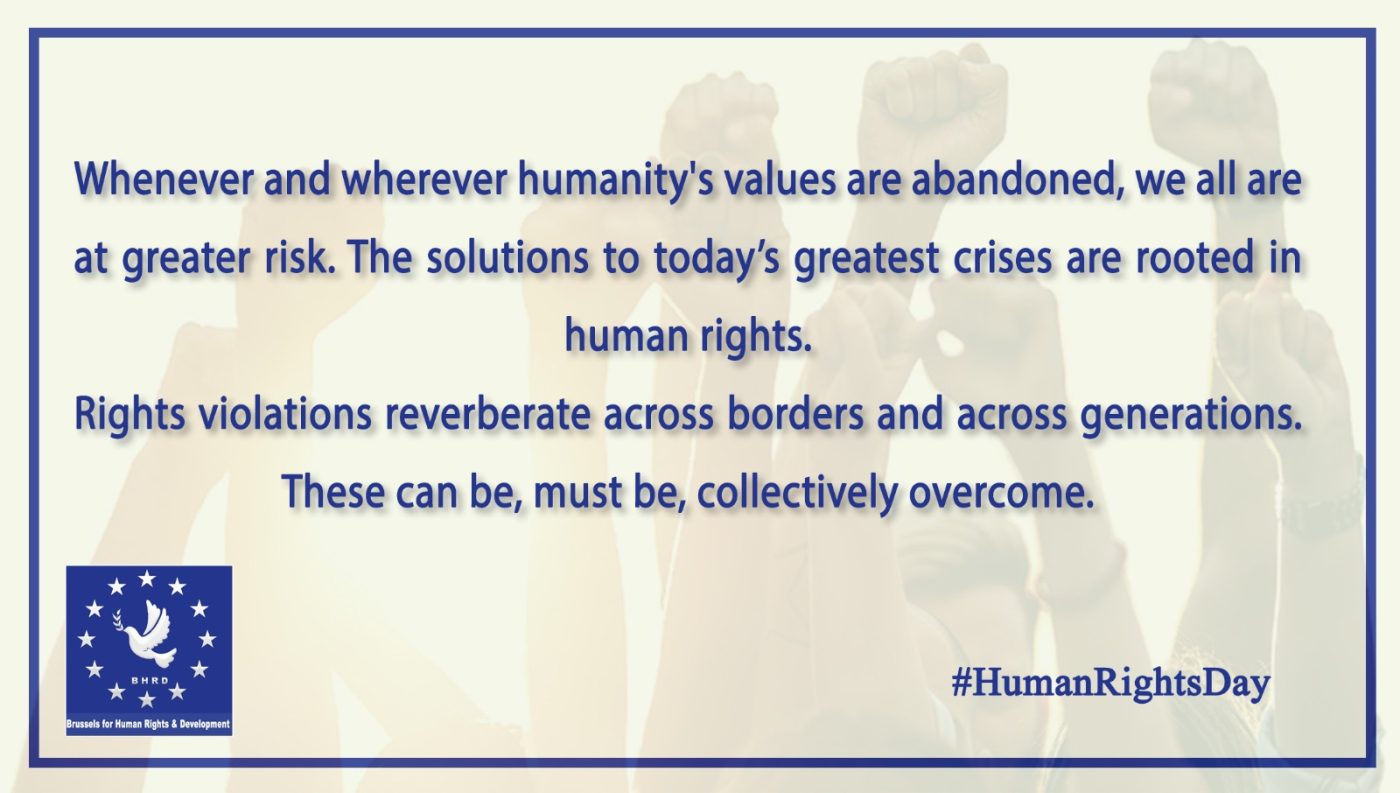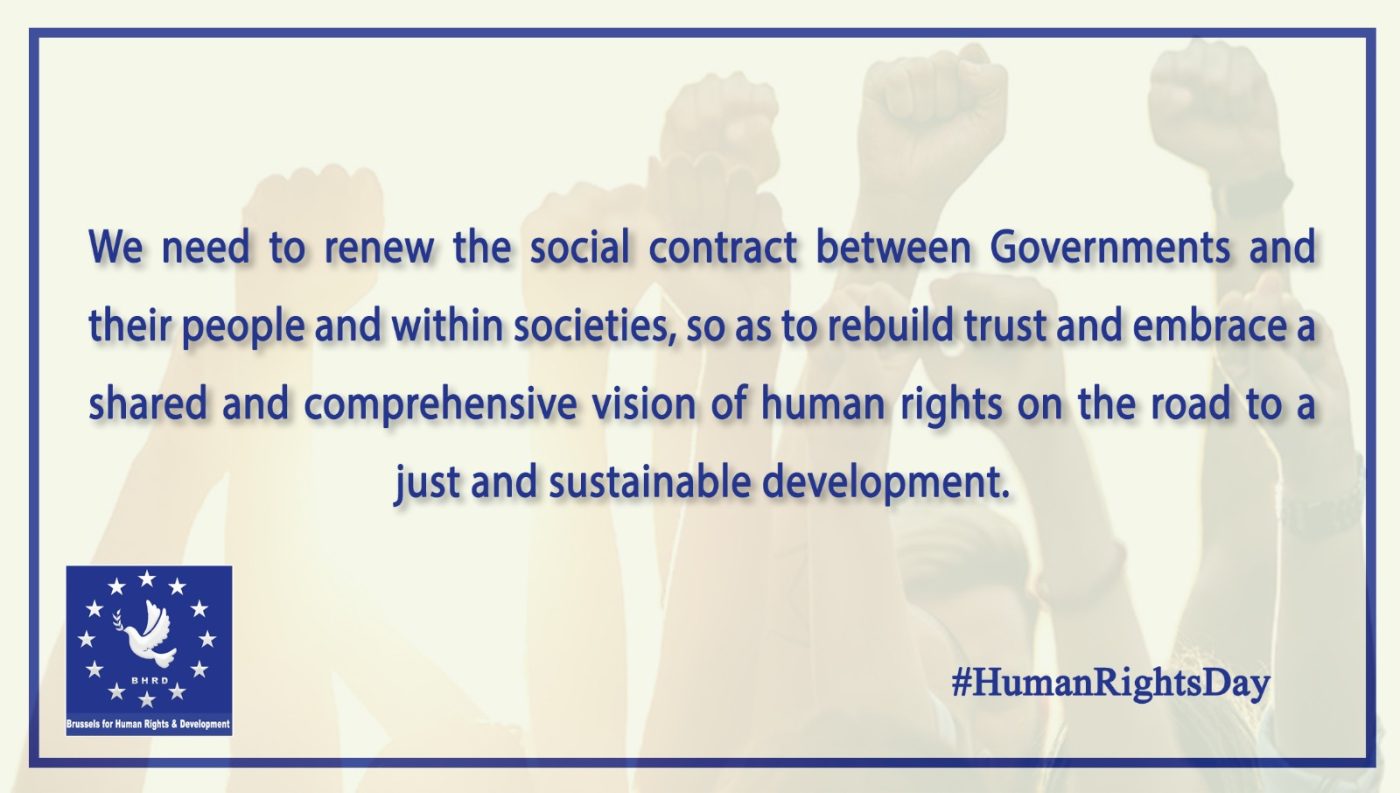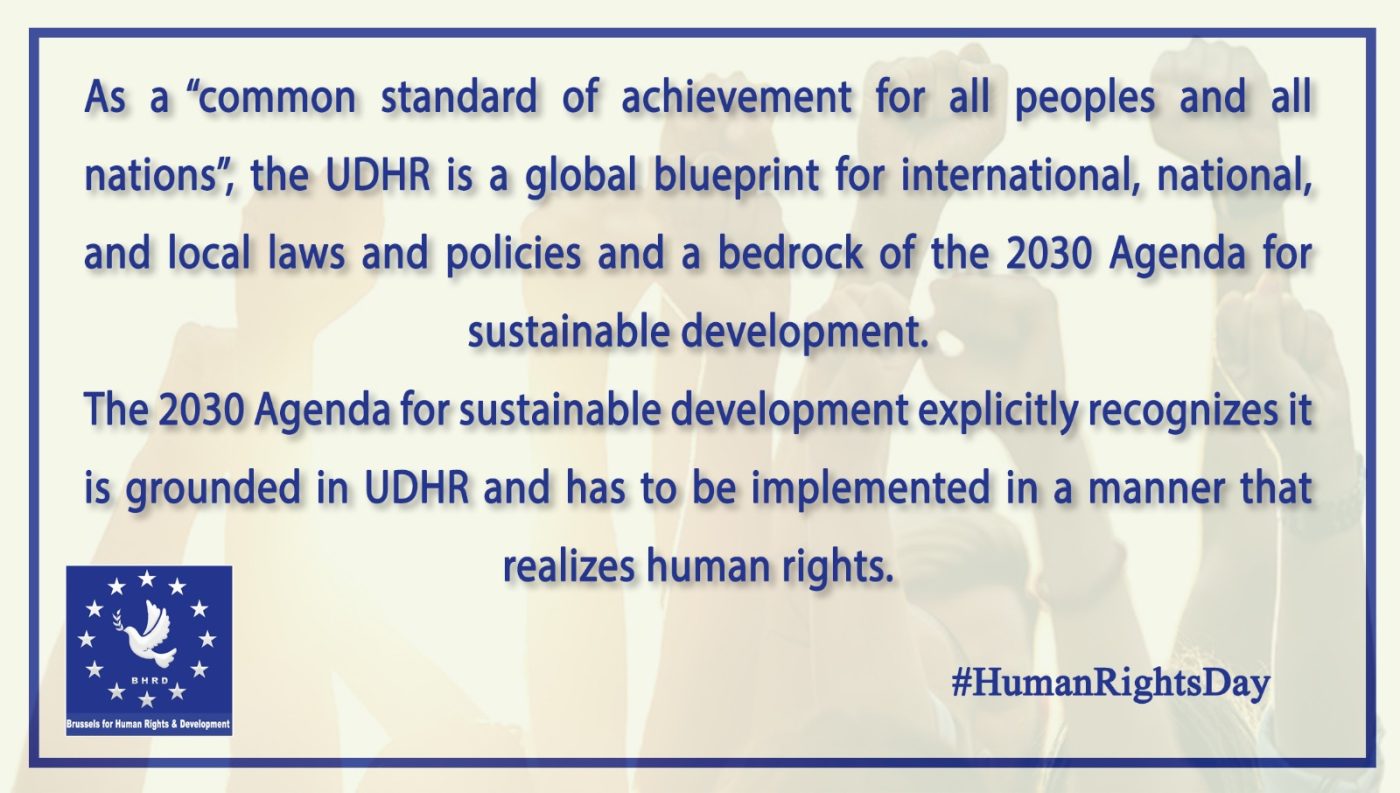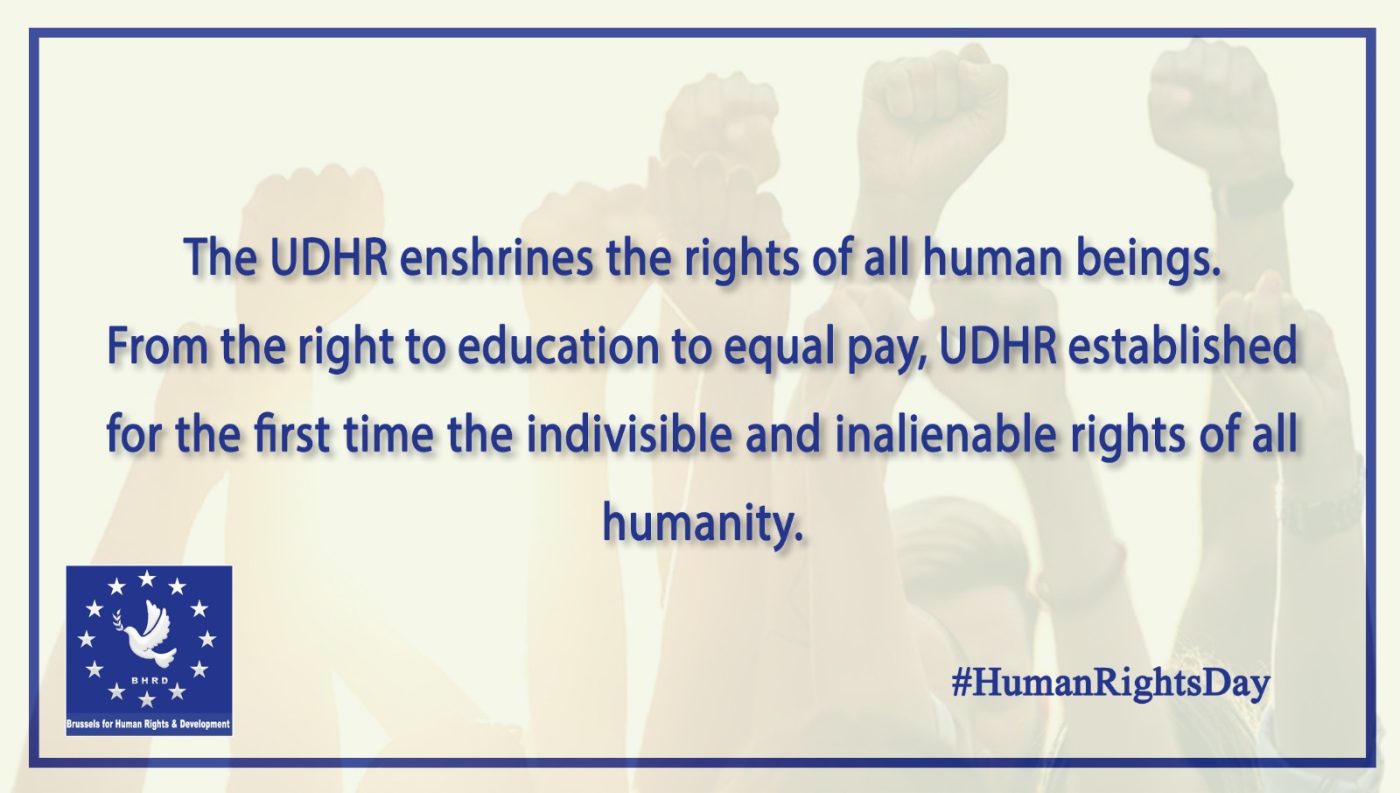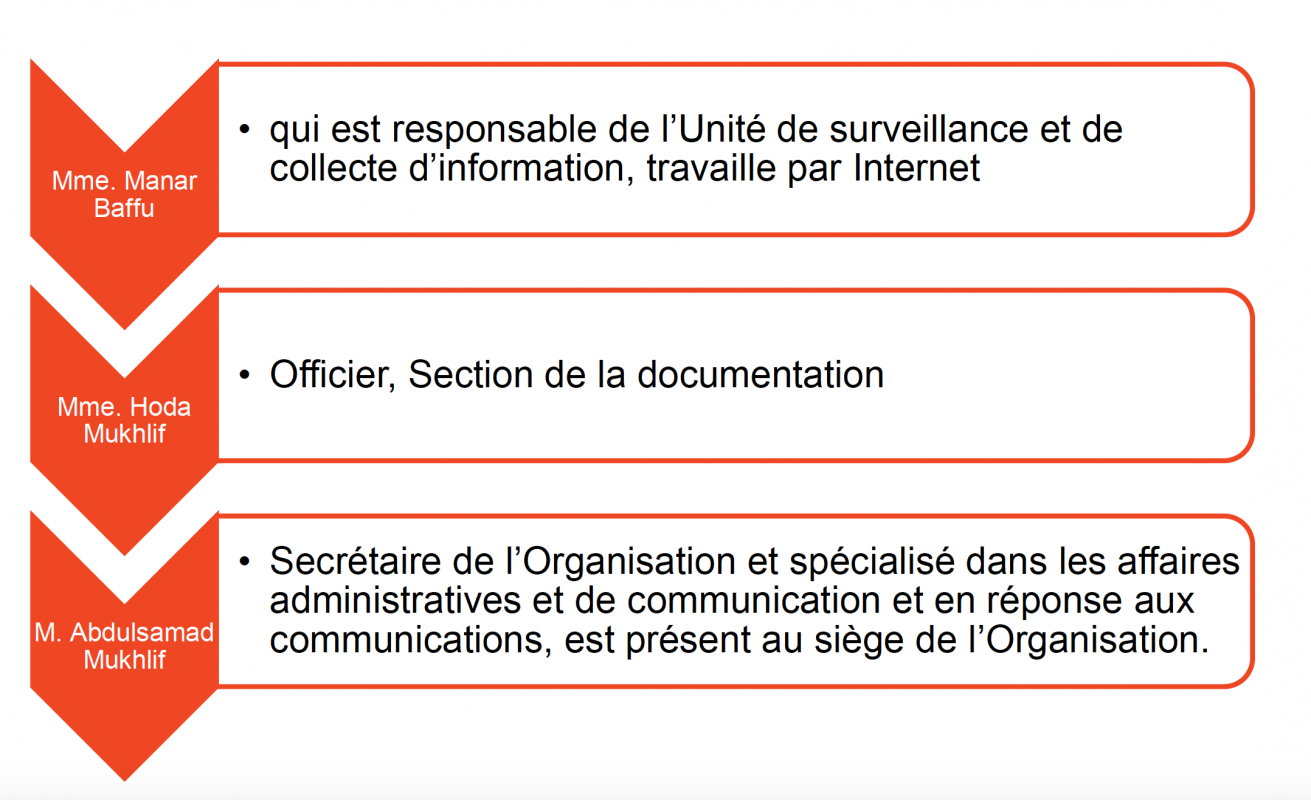Feedback by Brussels for Human Rights and Development to the European commission regarding an initiative to include perfluorohexane sulfonic acid (PFHxS), its salts, and related compounds under the restrictions of the Stockholm Convention on persistent organic pollutants.
Brussels for Human Rights and Development Applauds European Commission’s Initiative In a significant move towards safeguarding the environment and protecting human health, the European Commission has taken an important step by including perfluorohexane sulfonic acid (PFHxS), its salts, and related compounds under the restrictions of the Stockholm Convention on persistent organic pollutants. Brussels for Human Rights and Development welcomes this initiative and recognizes the critical role it plays in addressing the harmful effects of these toxic substances.
Understanding PFHxS and Its Impacts:
PFHxS is a persistent organic pollutant with widespread use in various industrial and consumer products, such as non-stick cookware, water-repellent clothing, and fire-fighting foams. Unfortunately, its presence poses a significant threat to wildlife and human health due to its bioaccumulation in the environment, leading to endocrine disruption and reproductive toxicity.
The Importance of Stockholm Convention Inclusion:
By including PFHxS under the restrictions of the Stockholm Convention, the regulation (EU) 2019/1021 will introduce vital limitations on the production, use, and release of this hazardous substance. This step is crucial in reducing PFHxS’s overall presence in the environment and preventing further harm to wildlife and human health.
Ensuring Effective Implementation and Enforcement:
While applauding this regulation, we raise concerns regarding its implementation at the national level. The success of this initiative heavily relies on the effectiveness of its enforcement and monitoring by member states. To ensure the desired outcomes, it is essential that adequate resources and capacities are provided for monitoring and enforcing the restrictions imposed on PFHxS and its related compounds.
Promoting Safer Alternatives:
In addition to effective implementation, it is crucial to consider alternative, safer, and more sustainable options to PFHxS in the production of industrial and consumer goods. The phase-out of PFHxS should be accompanied by the promotion and development of alternative technologies and materials that are safe for both the environment and human health.
Supporting the Regulation’s Implementation:
Brussels for Human Rights and Development fully supports the regulation’s inclusion of PFHxS under the restrictions of the Stockholm Convention. We strongly hope that this initiative will be effectively implemented and enforced, leading to a reduction in PFHxS’s presence in the environment. Furthermore, we emphasize the need to prioritize the development of alternative, safer, and more sustainable options to replace PFHxS in the future.
in conclusion, The inclusion of PFHxS under the Stockholm Convention restrictions marks a crucial milestone in the protection of the environment and human health. While Brussels for Human Rights and Development welcomes this initiative, we stress the importance of effective implementation and enforcement at the national level. Additionally, we urge the exploration and adoption of safer alternatives to PFHxS, ensuring a sustainable and healthier future for both the planet and its inhabitants.
Feedback on the european commission website:
https://ec.europa.eu/info/law/better-regulation/have-your-say/initiatives/13425-Persistent-organic-pollutants-perfluorohexane-sulfonic-acid-PFHxS-/F3383023_en
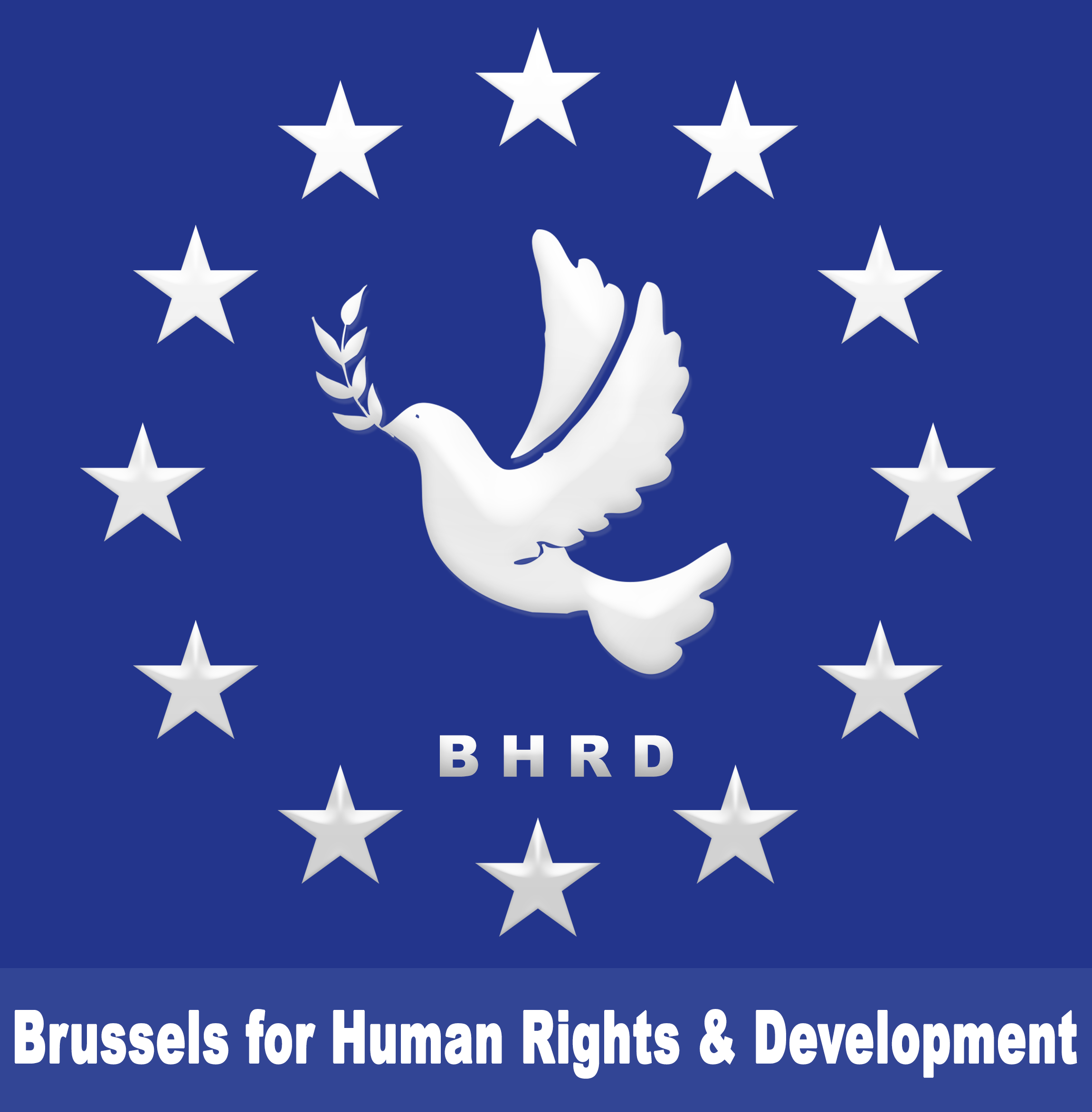

 العربية
العربية

